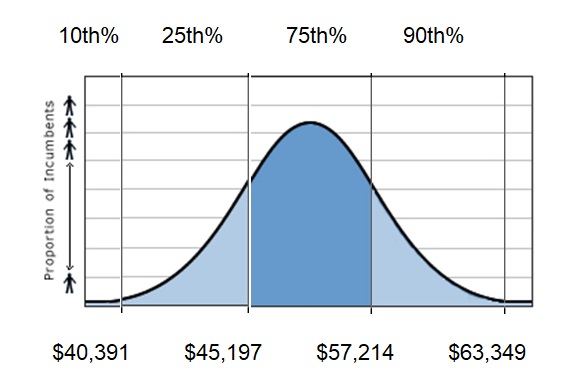The demand for SAP professional is on the rise regarding the fact that the industry has been categorized among the fastest growing areas of the economy. The average salary range, employment outlook, job market, and education skills required for professional recruitment are discussed under the following titles.
Positions Available
The SAP industry is vast, hence, it results in the need for wide variety of carrier and professional development approaches. As such, there are many SAP professionals who specialize in various fields depending on their priorities. Putting in mind the chosen carrier (Senior Business Systems Analyst/SAP Consultant), there are a number of titles that can be considered. For example, individuals aspiring to become Business Systems Analysts are open to the following titles depending on their professional achievement, experience and other added advantages:
- Business Systems Analyst I: This is an Entry Level Business Systems Analyst.
- Business Systems Analyst II: This is an Intermediate Level Business Systems Analyst.
- Business Systems Analyst III: Also referred to as Senior Business Systems Analyst.
- Business Systems Analyst IV.
In addition to the above titles, the job market offers many more titles especially for the case of SAP Consultants. The following are a few available job offers in the market:
- SAP Basis Consultant.
- SAP Project Manger.
- Business Process Consultant:
Salary Range
Depending on the qualifications, experience, earlier achievements and the specific company, a competitive salary is available for all SAP professionals. For instance, the compensation under SAP related field varies from as low as $30,000 to as high as $110,000. In the United States, the following average compensations are given for Business Systems Analysts.
- Business Systems Analyst I: The basic compensation for this job title ranges from $40,391 to $63,349, thus, the average compensation is $50,476.
- Business Systems Analyst II: The basic compensation for this job title ranges from $51,951 to $82,534, thus, the average compensation is $65,478.
- Business Systems Analyst III: The basic compensation for this title ranges from $60,398 to $91,643, thus, the average compensation is $75,274. Figure 1.0 (next page) shows the graphical representation of the average compensation for Senior Business Systems Analyst in the U.S. job market (Salary Wizard, 2011).
- Business Systems Analyst IV: The basic compensation for this title ranges from $72,100 to $107,616, thus, the average compensation is $89,611.
Business Systems Analyst Compensation

Employment Outlook
Generally, there are many job opportunities being offered by a majority of companies registered in the SAP field and other related fields. Brief statistics of the job market employment (SAP Basis Consultants) in relation to the experience and education level is given below:
Years of Experience
- 0 – 1 Years Experience: 11% are employed.
- 2 – 5 Years Experience: 29% are employed.
- 5 – 10 Years Experience: 36% are employed.
- 10 – 15 Years Experience: 18% are employed.
- 15+ Years Experience: 7% are employed.
Education Level
- High School: 11% are employed.
- Associate’s/Certificate: 4% are employed.
- Bachelors: 60% are employed.
- Masters: 24% are employed.
Education Level Required
The education level attained by a SAP professional is a great determinant in the type of job that can be secured. Some of the job market requirements are given below:
- Business Systems Analyst I: Associate’s degree in a related area with up to 2 years experience in related field.
- Business Systems Analyst II: Associate’s degree in a related area with 2 to 4 years experience in the field.
- Business Systems Analyst III: Bachelor’s degree in a related area with 4 to 6 years experience in the field.
- Business Systems Analyst IV: Bachelor’s degree in the specialty area with 6 to 8 years experience in the field or related area.
- SAP Basis Consultant: Bachelor’s degree in specialty area with a minimum of 7 years experience in the field or a related area.
- SAP Project Manger: Bachelor’s degree in specialty area with a minimum of 7 years experience in the field or a related area.
- Business Process Consultant: Bachelor’s degree in specialty area with a minimum of 7 years experience in the field of expertise.
Conclusion
As established in the above study of the job market, the SAP field is currently growing very fast and offers great opportunities for professionals trained in the field. Therefore, with my qualifications and experience, I am well suited for obtaining a future job position as a Business Systems Analyst/SAP Consultant.
Reference
Salary Wizard. (2011). Business Systems Analyst – U.S National Averages. Web.